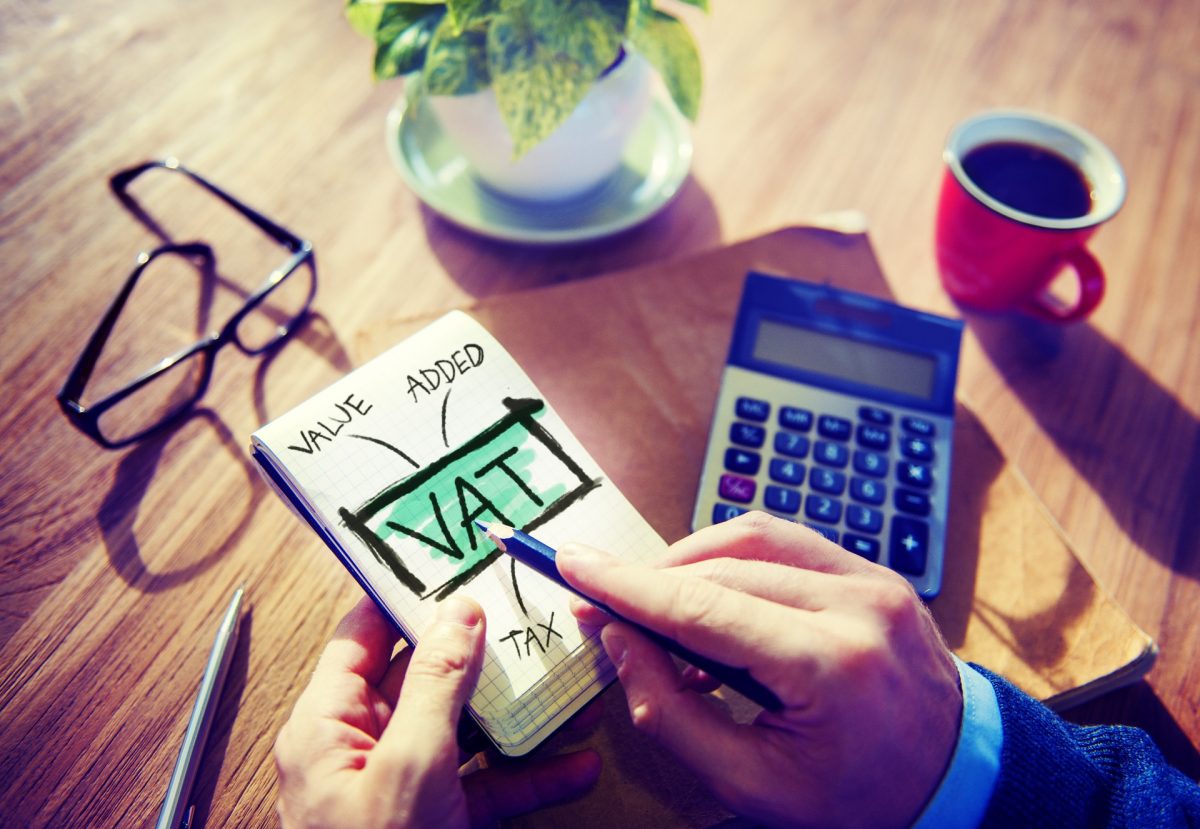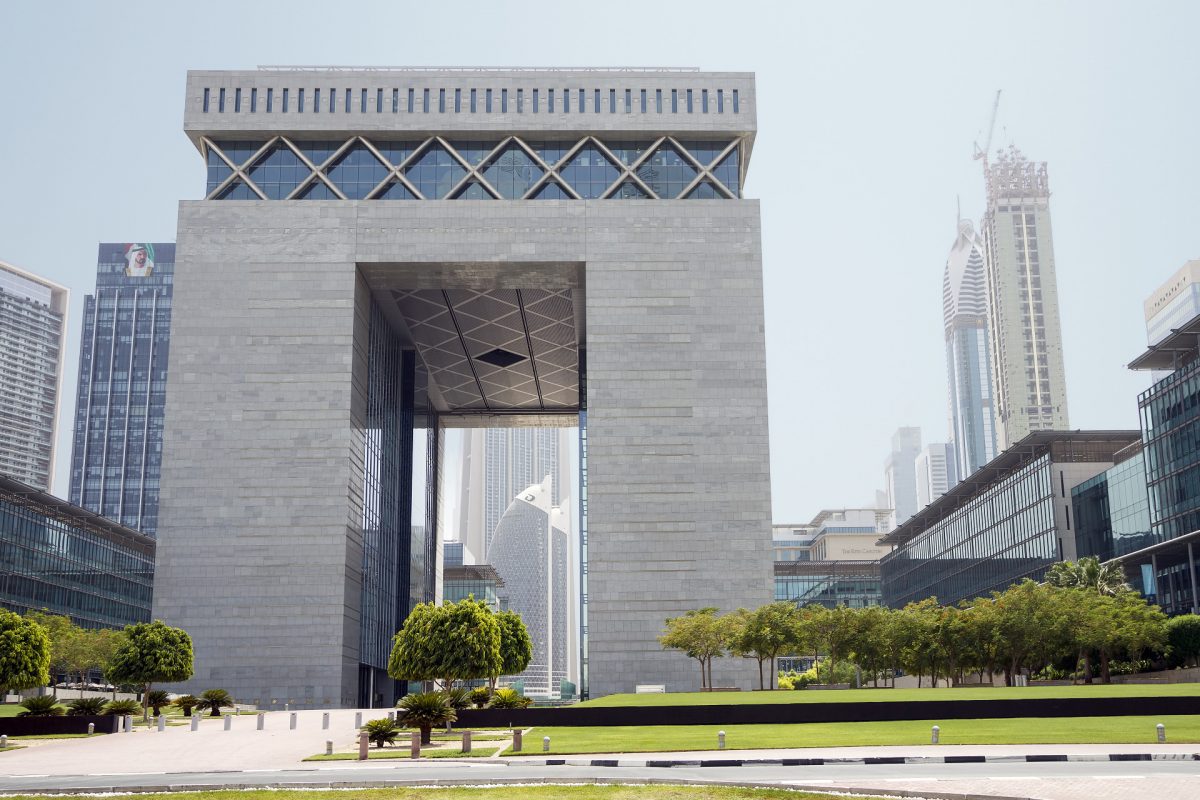

Bahrain Real Estate and VAT
In March 2019, the NBR published its fourth VAT Guide, i.e. the VAT Real Estate Guide. This guide aims to provide an overview of the rules and procedures regarding real estate in Bahrain as well as the necessary background and guidance to help taxable persons determine how a supply is treated for VAT purposes. In this article we elaborate on the Bahraini VAT treatment of transactions linked to Real Estate and we included the excerpts from our article “GCC – VAT on Real Estate Transactions – A Comparative View of Saudi Arabia and the United Arab Emirates”and “VAT in United Arab Emirates, Saudi Arabia and Bahrain – Transitional Rules”.
Definition of real estate
Real estate includes any area of land over which rights, interests or services can be created, as well as any building, structure or engineering work permanently attached to the land and any fixture or equipment which makes up a permanent part of the land or is permanently attached to a building, a structure or engineering works. Real estate does not include any furniture, fittings, plant and apparatus which are not attached to land or a building and which can be removed without damaging the property.
VAT treatment of the sale of Real Estate
Under the Bahraini VAT Law, a supply relating to the grant of rights in rem deriving from ownership giving the right to use real estate is considered as a supply of goods. Therefore the place of supply of real estate is there where the real estate is located. This is in line with the GCC agreement and the UAE and KSA apply the same place of supply rule for real estate.
The sale, lease or license of real estate located in Bahrain is an exempt supply, regardless of whether the real estate is residential, commercial or land (bare or partly developed). Even though the GCC VAT agreement allows the implementation of an exemption for both residential and commercial real estate, it is very striking that Bahrain used this opportunity since the KSA and UAE have a stricter exemption.
Some supplies are not considered as real estate for VAT purposes and the VAT implications of these supplies will need to be determined on a case by case basis. The following supplies will not be considered as the sale or rental of real estate and will therefore, be taxable at the standard rate of 5%:
- Hotel accommodation
- Provision of paid car parking for periods of less than one month
- Provision of serviced office space where the customer does not have the right to use a designated space on an exclusive basis
- Rental of a function room, hall or similar facility
- Providing permission to affix equipment and signage to land or buildings.
- Provision of space for retail or promotional stands (e.g. at a shopping mall, retail or entertainment area) for a period of less than one month
- Serviced accommodation with a rental agreement for a period of less than a year
- Rental of storage or warehousing facilities to a customer without the right to access the space
- Provision of labour accommodation which is not the principal place of residence of labourers in Bahrain
In the UAE, the sale of bare land is exempt. The sale and lease of commercial building is subject to VAT at 5% whereas, the first sale of the residential building made within three years of the completion date and lease of the same building is zero rated for VAT purposes. The subsequent sale and lease of the residential building is exempt from VAT.
However, in the KSA sale of both commercial and residential land and buildings is subject to VAT at 5% whereas the lease of residential real estate is exempt for VAT purposes in the KSA.
The difference in the application of VAT on sale of commercial and residential buildings and land makes the VAT treatment of the real estate much more complicated in the UAE and the KSA than in Bahrain. On the other hand, by applying a wide exemption on the supply of real estate , it is more likely that VAT becomes a cost for the real estate sector in Bahrain than in the other countries.
VAT treatment of Real Estate related services
Real estate related services in Bahrain are those services which are directly connected with the real estate. These include, but are not limited to, the following:
- Services by real estate experts or agents
- Services which involve the preparation, coordination and performance of construction, destruction, maintenance, conversion and similar work
- Accommodation services provided at extra charge such as management services, utilities, telecommunications, internet and television etc.
- Services by auctioneers, architects, interior designers, surveyors, engineers and others involved in matters relating to real estate
For real estate related services the same place of supply rules apply as for the supply of real estate, which is that the supply takes place where the real estate is located. A resident taxable person making a supply of such services will account for VAT on the provision of these services.
If a non-resident person makes a supply of these services in relation to Bahraini real estate to a Bahraini taxable person, the Bahraini taxable person will need to self-account for VAT under the reverse charge mechanism. That means that the supplier is not liable for Bahraini VAT and should not charge Bahraini VAT on its supply. Where the recipient is not a taxable person, or is a taxable person but not registered, the non-resident will need to register for VAT in Bahrain and account for VAT on the provision of the service.
The real estate services will be taxed at the standard rate of 5%, unless the supply is specifically exempt from VAT or zero-rated.
Apart from the exemption for commercial real estate, the UAE and KSA apply similar rules for the supply of real estate related services.
VAT treatment of construction works
Construction generally means building something such as a house, office, factory, warehouse, road, bridge etc. Construction may also involve demolition, refurbishment/reconstruction of existing buildings or structures and site clearance activities. Construction involves providing a building service but may also involve providing goods as part of such a service.
Construction services and the goods supplied in Bahrain for construction are regarded as taxable supplies if they are carried out by a taxable person. This is irrespective of the type of building (e.g., residential, commercial, industrial building) being worked on or the type of other construction work (e.g., civil engineering works).
Construction services and the goods supplied in the course of providing construction services for a new building are zero-rated for VAT purposes in Bahrain. All other taxable supplies of construction services or supplies of goods used for construction will be subject to the 5% VAT rate.
All types of construction services performed in the KSA and in the UAE are supply of services which is subject to VAT at the 5% rate. This VAT treatment will apply regardless of the type of building which is being constructed.
Transfer of a going concern
The transfer of a going concern in all three concerned GCC states (KSA, UAE and Bahrain), with or without consideration, does not fall within the scope of VAT if certain conditions are met. If a transaction involves real estate (e.g., the sale of the freehold interest in a building with tenants in situ) and all of the conditions for the transaction to be a transfer of a going concern for VAT purposes are met, the transaction will be outside the scope of VAT. If the relevant conditions are not met, the VAT implications of the transaction will need to be considered as it may involve both taxable and exempt supplies.
Output VAT payment
For the sale of Real Estate, VAT becomes due on the date that property is transferred to the recipient. However, VAT can become due earlier if (i) a tax invoice is issued by the supplier before the transfer date or (ii) the recipient makes a payment to the supplier.
Typically, when there is a supply of services, some supplies will be considered as “one-off” services, which will follow the general tax due date rules set out above, whereas other services will be considered as continuous supplies (for example, rentals and lease agreements). In case of continuous supplies VAT becomes due across the period the goods and services are provided, in line with the invoicing and payment arrangements.
When twelve months have passed from the start of the contract or from the previous tax due date, a tax due date will be triggered at that twelve-month point.
A construction contract may contain provisions whereby the customer may withhold a retention amount pending rectification of matters identified as part of the snagging process. The VAT treatment of such retentions often leads to important discussions.
Input VAT deduction
Deduction of input VAT is based on the intended use at the time of purchase. A VAT registered person may deduct input VAT charged on goods and services it purchases or receives for its taxable activities purposes. A person making both taxable and exempted supplies can only deduct the input VAT related to taxable supplies.
For example, VAT incurred on expenses or purchases (i.e., professional legal fees, refurbishment, etc.) that is attributable to making exempt supplies of real estate will not be recoverable by the taxable person. When a taxable person will use the building for the purposes of fully taxable activities, it can recover the VAT on costs on the construction of the new building in full.
The overhead costs/expenses incurred by the taxable person for making both taxable and exempted supplies must be apportioned to most accurately reflect the use of those costs in the taxable portion of the taxpayer’s activities. A prescribed default method of proportional deduction is calculated on the values of supplies made in the year, using the following fraction: value of total taxable supplies made by the taxable person divided by total value of taxable supplies and exempt supplies made by the taxable person. This fraction is identical to the input tax apportionment method in the KSA. However, in the UAE the apportionment is by default made on the basis of relevant input tax incurred.
Transitional provisions
The Bahraini VAT Law provides special rules for contracts concluded prior to the VAT-implementation date. In case the contracts do not contain any tax clauses, the agreed consideration is considered to be inclusive of VAT. Furthermore a zero rate applies for contracts entered into before 1 January 2019 with the government where the supply takes place after the implementation date. This zero rate can only be applied until the date of the contract’s renewal, or its expiration, or 31 December 2023, whichever is earlier.
The transitional provisions in Bahrain are a combination of the KSA grandfathering rule (temporary zero rate on contracts concluded prior to 30 May 2017) and the UAE’s transitional rules (by default inclusive of VAT).












